Section 5
Agents of Socialization
By Boundless
A family serves to reproduce society biologically, through procreation, and socially, through the socialization of children.

A neighborhood is a geographically localized community within a larger city, town, or suburb.

Education is the process by which society transmits its accumulated knowledge, skills, customs and values from one generation to another.
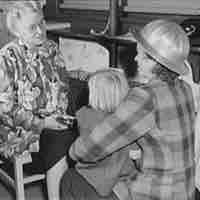
Day care, in which children are cared for by a person other than their legal guardians, contributes to their socialization.
A peer group, whose members have interests, social positions, and age in common, have an influence on the socialization of group members.

Since mass media has enormous effects on our attitudes and behavior, it contributes to the socialization process.
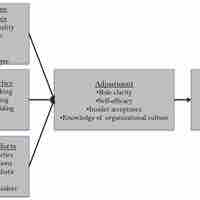
The workplace performs its socialization process through onboarding, through which employees acquire skills to adjust to their new role.

Religion is a collection of cultural systems, belief systems, and worldviews that relate humanity to spirituality and moral values.
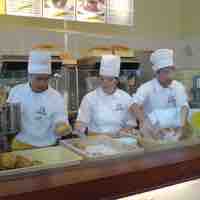
Division of labor is the specialization of cooperative labor in specific, circumscribed tasks and similar roles.
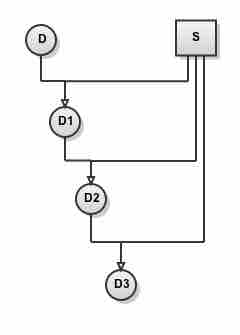
An incest taboo is any cultural rule or norm that prohibits sexual relations between relatives.
Ideology is a coherent system of ideas that constitutes one's goals, expectations, and actions.
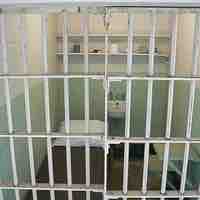
A total institution is a place where a group of people is cut off from the wider community and their needs are under bureaucratic control.